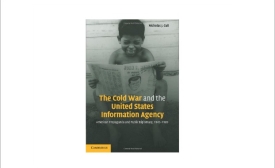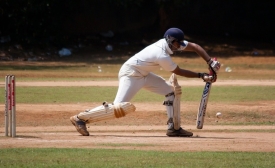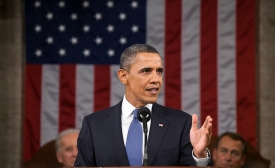Americas

The USC Center on Public Diplomacy was pleased to host a reception and discussion to celebrate the publication of The Cold War and the United States Information Agency: American Propaganda and Public Diplomacy, 1945-1989 in association with the USC Masters Program in Public Diplomacy, USC Annenberg Chair in Communication Leadership and Policy, and the Public Diplomacy Council. The event was held at the USC Washington DC Office:
When I was growing up in India, the U.S. Information Services used to serve as ambassadors of American culture, ideas, and ideals. That entire approach to diplomacy was shuttered after the Cold War and even after 9/11 remains moribund.
– Fareed Zakaria, “The Post-American World”
Since 9/11, the U.S. military for the first time has dramatically expanded its effort to communicate with foreign audiences. But this has created new problems…[and] this “mission creep” has gotten way out of hand.

Amid the debates about American aid to Pakistan, and the public diplomacy attempts to gain Pakistani "hearts and minds," there is one measure which would gain Pakistani support: Cricket Diplomacy.

According to various public opinion polls, most of the world now has a vastly improved opinion of our president and our country.







